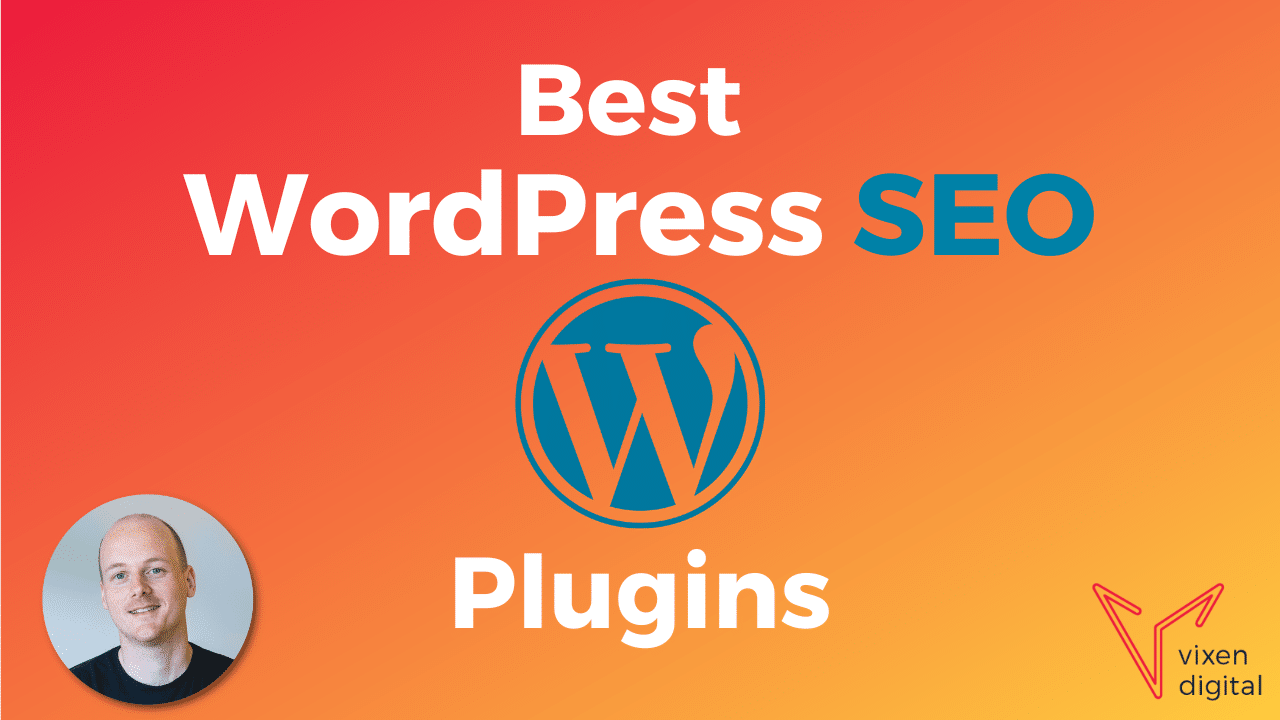Exploring Canadian Watercraft: Tips and Trends
Discover the latest in Canadian watercraft – from Lake Ontario fishing boats to kayaking in the Rockies.
WordPress SEO Secrets that Google Will Never Tell You
Unlock hidden WordPress SEO secrets that will skyrocket your rankings! Discover tips Google won't reveal and boost your traffic today!
5 Hidden WordPress SEO Features That Will Boost Your Rankings
When it comes to WordPress SEO, many users overlook the powerful features hidden within their dashboard that can significantly enhance their site’s visibility. One such feature is the XML Sitemap. Enabling this function allows search engines to index your content more efficiently by providing a structured overview of your site’s pages. Additionally, you can integrate Schema Markup through plugins like Schema.org, which helps search engines understand the context of your content, thus improving your chances of appearing in rich snippets.
Another often overlooked option is the Permalink Structure. By customizing your permalinks, you can create more readable and SEO-friendly URLs. This not only helps search engines better understand your content but also enhances user experience. Moreover, utilizing the Alt Text for images is crucial; it improves accessibility and helps Google index your images properly. For more tips on enhancing your WordPress SEO, check out this guide, which outlines additional strategies for improving rankings effectively.

The Ultimate Guide to Optimizing Your WordPress Site for Google
Optimizing your WordPress site for Google is essential for improving your search engine ranking and driving organic traffic. To achieve this, start with keyword research to identify the terms your target audience is searching for. Utilize tools like Google Keyword Planner or Ahrefs' Keywords Explorer to find relevant keywords. Once you have your keywords, strategically incorporate them into your content, headings, and meta tags, making sure to avoid keyword stuffing which can negatively impact your SEO.
Another crucial aspect of WordPress optimization is ensuring your site loads quickly and is mobile-friendly. Use caching plugins like WP Rocket or W3 Total Cache to improve loading times. Additionally, consider using responsive themes, as they adapt seamlessly to different devices. Finally, don't forget to regularly update your site and its plugins, as outdated software can lead to security vulnerabilities and poor performance, which ultimately affects your ranking on Google.
Are You Making These Common WordPress SEO Mistakes?
When it comes to WordPress SEO, even the smallest oversight can significantly impact your site's visibility. One of the most common mistakes is neglecting to optimize your meta tags. These elements are crucial for search engines to understand your content. Ensure that each page and post has a unique meta title and meta description that accurately reflects the content and includes relevant keywords. For a more in-depth guide on optimizing meta tags, check out Moz's SEO guide.
Another frequent misstep is using improper URL structures. WordPress offers a variety of permalink settings, and it's essential to choose a structure that enhances both SEO and user experience. Avoid default settings that include numbers or symbols; instead, opt for a clean and descriptive URL that includes your target keywords. For further tips on creating SEO-friendly URLs, visit Search Engine Journal's article.